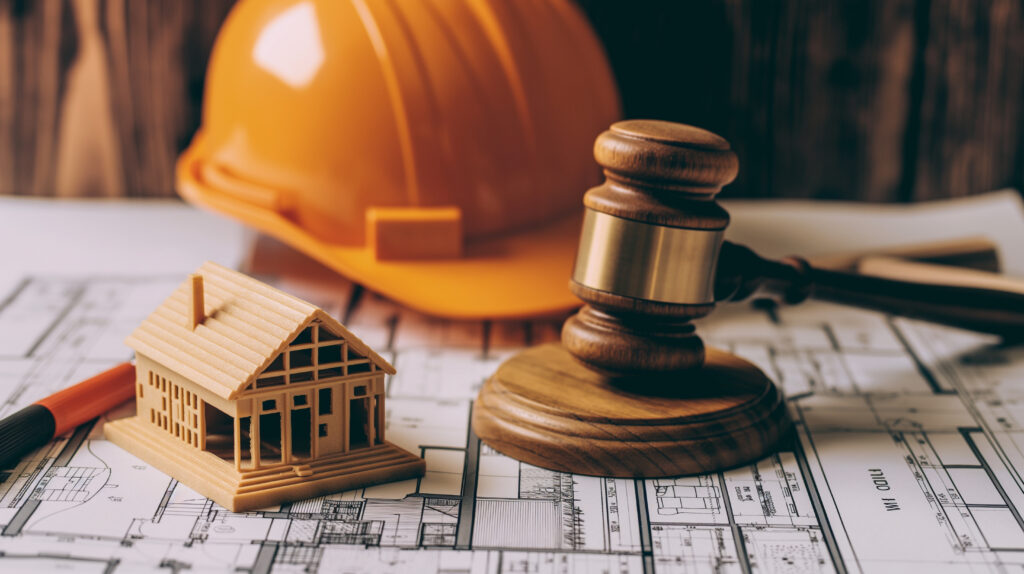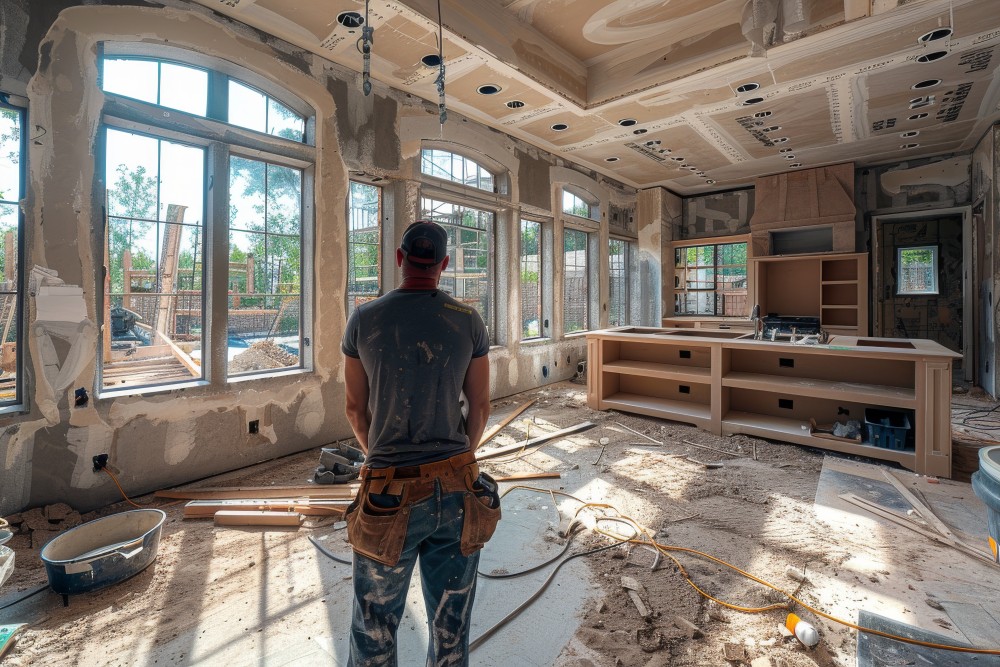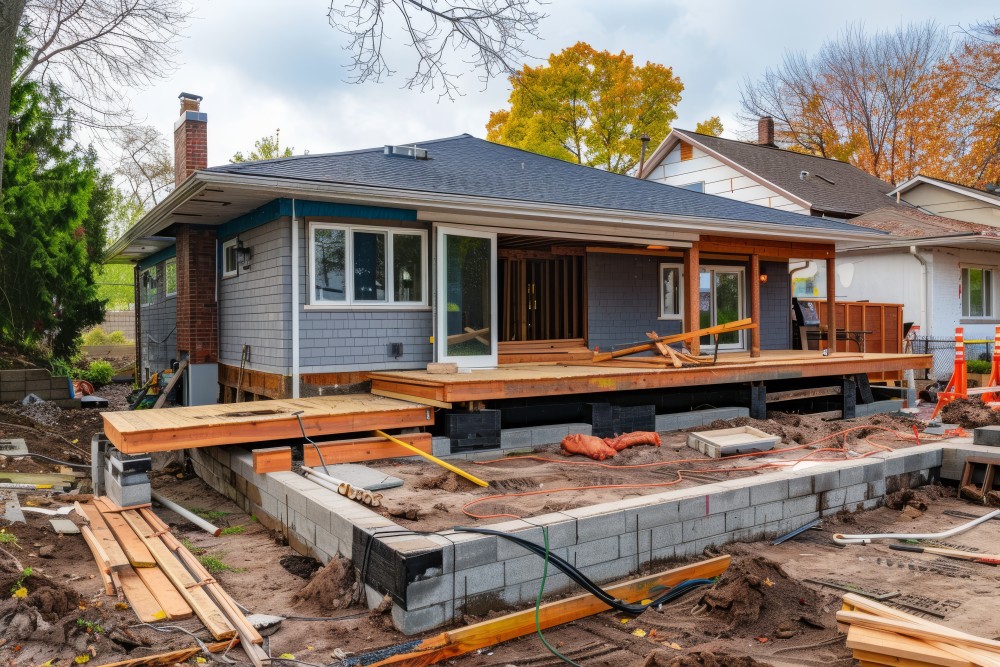1. What Are Building Codes and Regulations?
Definition and Purpose
- Building Codes: These are standards set by local, state, or national authorities to ensure the safety, health, and general welfare of the public. They cover various aspects of construction, including structural integrity, fire safety, plumbing, electrical work, and energy efficiency.
- Regulations: These include zoning laws, permits, and other legal requirements that govern how properties can be used and modified.
Importance
- Safety and Health: Ensuring that renovations comply with building codes helps protect the safety and health of the occupants.
- Legal Compliance: Adhering to regulations prevents legal issues and potential fines.
- Property Value: Code-compliant renovations can enhance the value of your home and make it more appealing to potential buyers.
2. Research Local Building Codes
Start with Your Local Building Department
- Contact Information: Find the contact information for your local building department or municipal office.
- Resources: Many localities have websites with resources, guides, and contact information for building inspectors.
Key Areas to Research
- Structural Requirements: Includes foundations, framing, and load-bearing elements.
- Electrical Codes: Covers wiring, outlets, lighting, and circuit breakers.
- Plumbing Codes: Involves pipes, fixtures, water heaters, and drainage systems.
- Fire Safety: Includes smoke detectors, fire alarms, exits, and fire-resistant materials.
- Energy Efficiency: Regulations regarding insulation, windows, HVAC systems, and energy-efficient appliances.
3. Obtain Necessary Permits
Types of Permits
- Building Permits: Required for structural changes, additions, and major renovations.
- Electrical Permits: Needed for new installations or significant changes to existing electrical systems.
- Plumbing Permits: Necessary for new plumbing installations or major modifications.
- Mechanical Permits: Required for HVAC installations or alterations.
Application Process
- Submit Plans: Provide detailed plans and specifications for your renovation project.
- Pay Fees: Pay the necessary permit fees, which vary depending on the scope of the project.
- Approval Timeline: Understand the timeline for permit approval, which can take several weeks.
Join HICP Homeowner’s Alliance
Connect with experts, get special discounts and enjoy member benefits
4. Work with Licensed Professionals
Importance of Hiring Licensed Contractors
- Expertise: Licensed contractors are knowledgeable about local building codes and regulations.
- Compliance: They ensure that all work is done in compliance with applicable standards.
- Liability: Licensed professionals carry insurance, reducing your liability in case of accidents or damages.
Verification
- Check Licenses: Verify the contractor’s license with your local licensing authority.
- References: Ask for references and check reviews to ensure the contractor has a good track record.
5. Prepare for Inspections
Scheduled Inspections
- Phases: Inspections typically occur at various stages of the renovation, such as after framing, electrical work, plumbing installation, and final completion.
- Coordination: Coordinate with your contractor and local inspectors to schedule inspections.
What Inspectors Look For
- Compliance: Inspectors check that the work complies with approved plans and building codes.
- Quality: They assess the quality of workmanship and materials used.
- Safety: Inspectors ensure that the work does not pose any safety hazards.
6. Keep Detailed Records
Documentation
- Permits and Plans: Keep copies of all permits, plans, and inspection reports.
- Contracts and Receipts: Maintain records of contracts, receipts, and warranties for materials and labor.
Future Reference
- Resale: Detailed records can be valuable when selling your home, as they demonstrate that renovations were done legally and to code.
- Maintenance: Documentation can help with future maintenance and repairs by providing a clear history of the work done.
7. Stay Updated on Code Changes
Continuous Learning
- Periodic Updates: Building codes are periodically updated to reflect new safety standards, technologies, and best practices.
- Professional Advice: Stay in touch with your contractor or local building department for updates on code changes that may affect your project.
Ongoing Compliance
- Renovation Planning: Consider potential code changes when planning future renovations.
- Proactive Measures: Take proactive measures to ensure ongoing compliance with the latest building codes.
8. Understand Zoning Laws
Zoning Restrictions
- Land Use: Zoning laws dictate how properties in different areas can be used, such as residential, commercial, or mixed-use.
- Setbacks and Height Restrictions: Regulations on how close structures can be to property lines and their maximum height.
- Special Permits: Some projects may require special permits or variances if they deviate from zoning laws.
Impact on Renovations
- Project Scope: Zoning laws can impact the scope and design of your renovation project.
- Approval Process: Ensure your renovation plans comply with zoning laws to avoid delays and complications.
Conclusion
Understanding and complying with building codes and regulations is essential for the success of your home renovation project. By researching local codes, obtaining necessary permits, working with licensed professionals, preparing for inspections, and keeping detailed records, you can ensure your project is safe, legal, and up to standard. Stay informed about code changes and zoning laws to plan effectively for future renovations. With careful planning and attention to regulatory requirements, you can achieve a successful and stress-free renovation that enhances the value and functionality of your home.



















